When is an artist entitled to refuse attribution of an artwork? Italian Supreme Court provides (final) guidance in long-running dispute over Jeff Koons’s The Serpents
The IPKat
AUGUST 20, 2023
There, it was presented as an original Koons artwork of which three copies exist. Garrone subsequently contacted Koons several times (in 1997, 2007 and 2009) in order to obtain a declaration of authenticity from him and thus sell the artwork. Subsequently, the sculpture was shipped to Italy and held at customs in Milan.

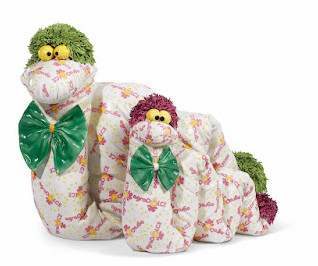
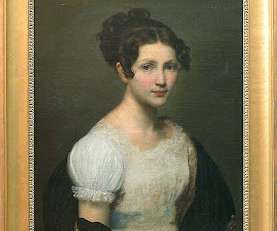
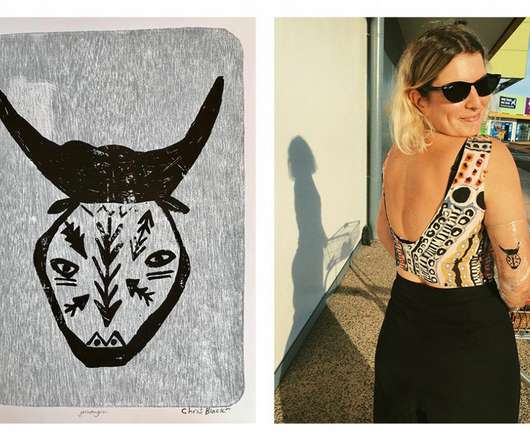
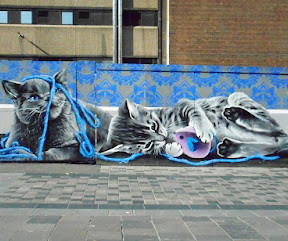
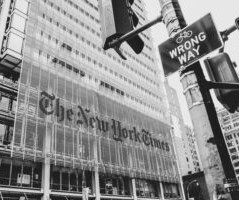






Let's personalize your content